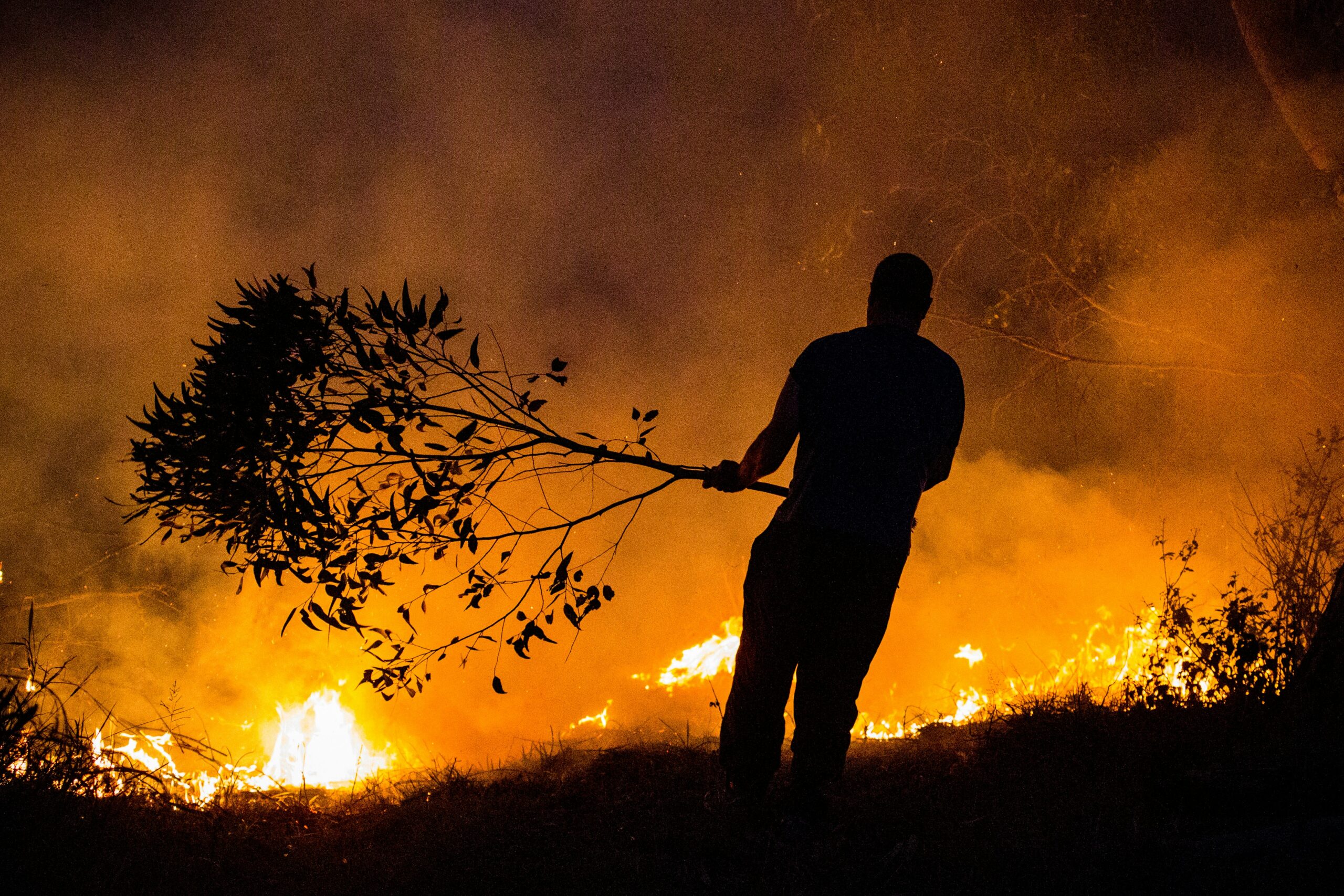
As Southern Europe swelters under a brutal heatwave, Spain, Portugal, and Greece face escalating wildfires, exacerbated by extreme temperatures and dry conditions. This crisis aligns with major religious festivities, putting additional strain on emergency services and local communities.
Immediate Crisis in Spain, Portugal, and Greece
Firefighters across Spain, Portugal, and Greece are tirelessly battling widespread wildfires. In Spain, the emergency services chief, Virginia Barcones, reported 14 significant fires, with the situation expected to worsen due to rising temperatures forecasted over the weekend. Prime Minister Pedro Sanchez described the conditions as posing an ‘extreme risk’ of further fires, with the State Meteorological Agency issuing severe fire danger alerts across the country.
In Portugal, nearly 4,000 firefighters confront seven active blazes. The Portuguese government has extended a state of alert and requested assistance from the European Union’s civil protection mechanism. Simultaneously, Greece fights a major wildfire on the island of Chios, which has prompted multiple evacuations.
Impact on Infrastructure and Resources
The wildfires have led to significant disruptions. In Spain’s Galicia region, fires have closed highways and disrupted high-speed rail services to Madrid. The European Forest Fire Information System notes that the fires have consumed approximately 158,000 hectares in Spain alone, equivalent to the size of metropolitan London. Both Spain and Portugal have activated the European Union’s emergency firefighting resources, marking a historic first for Spain in utilizing such aid.
Furthermore, the demand for shared firefighting resources across the Balkans and Southern Europe has surged, with Bulgaria, Montenegro, and Albania also seeking assistance.
Religious Observances Amidst Fires
The wildfires coincide with the Feast of the Assumption in Spain and Portugal, and the Dormition of the Virgin Mary, critical dates in the Catholic and Orthodox Christian calendars, respectively. These holidays typically involve large gatherings and public processions, which are now marred by the environmental crisis. Ecumenical Patriarch Bartholomew expressed solidarity with the victims in his prayers, highlighting the widespread impact of the fires.
What’s Next?
Authorities across Southern Europe remain on high alert as the heatwave is expected to continue affecting the region. Emergency services are bolstering their efforts, with international aid playing a crucial role in managing the crisis. The situation remains dynamic, with weather conditions critical in determining the progress in battling the fires.
As these nations confront these challenging times, the resilience and rapid response of firefighting teams, coupled with international cooperation, are vital in mitigating the damage and safeguarding communities.


